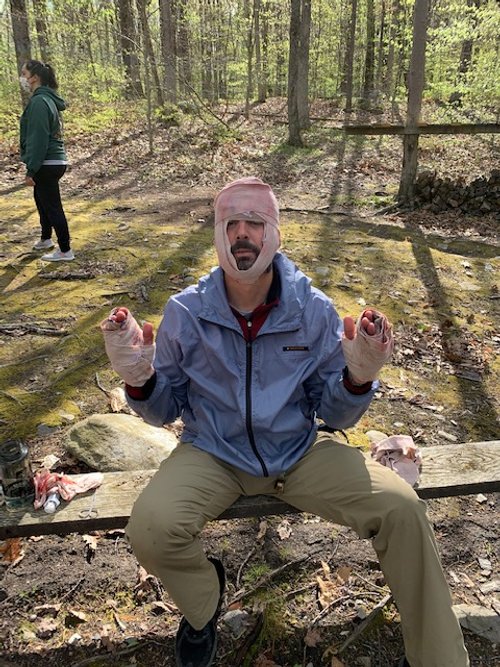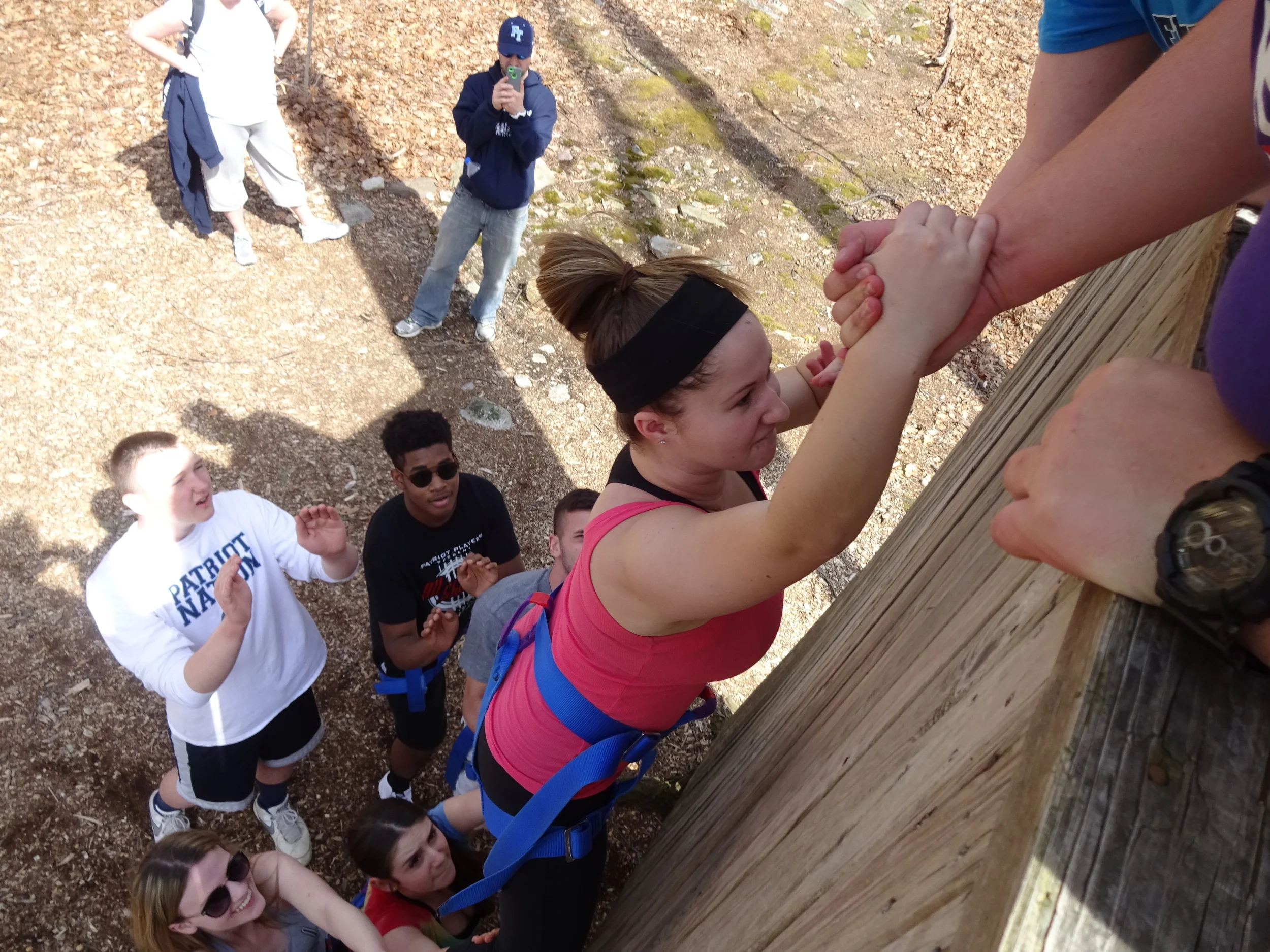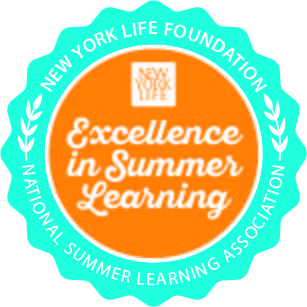Students Learn From People They Love
/A recent New York Times opinion piece by David Brooks entitled, Students Learn From People They Love, talks about the social emotional learning (SEL) movement’s acceptance as an important and valid educational methodology.
“The good news is the social and emotional learning movement has been steadily gaining strength. This week the Aspen Institute (where I lead a program) published a national commission report called “From a Nation at Risk to a Nation at Hope.” Social and emotional learning is not an add-on curriculum; one educator said at the report’s launch, “It’s the way we do school.” Some schools, for example, do no academic instruction the first week. To start, everybody just gets to know one another. Other schools replaced the cops at the door with security officers who could also serve as student coaches.”
The work that we do at the Princeton-Blairstown Center (PBC) around social-emotional learning is exactly what The Aspen Institute report says is at the heart of education. “The promotion of social, emotional, and academic learning is not a shifting educational fad; it is the substance of education itself. It is not a distraction from the “real work” of math and English instruction; it is how instruction can succeed.”
The reason so many independent and charter schools come to the Center every fall, year after year, is that our intentional programming helps faculty and students form positive, supportive relationships with each other. These schools understand that their time at PBC forms the basis for teaching and learning for the school year. By taking both teachers and students out of their comfort zones and going through a carefully sequenced set of exercises that build team and crucial 21st century skills like critical-thinking, communication, cooperation, and creativity, PBC helps schools build “climate and culture.” It’s the key to future learning that groups take back to the classroom.
Schools that come to the Center understand how incorporating social and emotional learning enhances students’ education. According to the Aspen Institute’s report, “It is a mistake to view social and emotional learning as a “soft” approach to education. Quite the opposite. An emphasis on these capacities is not the sacrifice of rigor; it is a source of rigor. While many elements of a child’s life improve along with the cultivation of these skills, one of the main outcomes is better academic performance.”
One of the three core goals of PBC’s award-winning Summer Bridge Program is to build supportive relationships with students and the adults in their lives, recognizing that “students learn from the people they love.” Our teachers and chaperones speak regularly about how important and impactful this is for them and their students. Follow this link to hear one of our Summer Bridge Program teachers from Wilson Elementary School speak about the benefits of building a relationship at PBC.





















